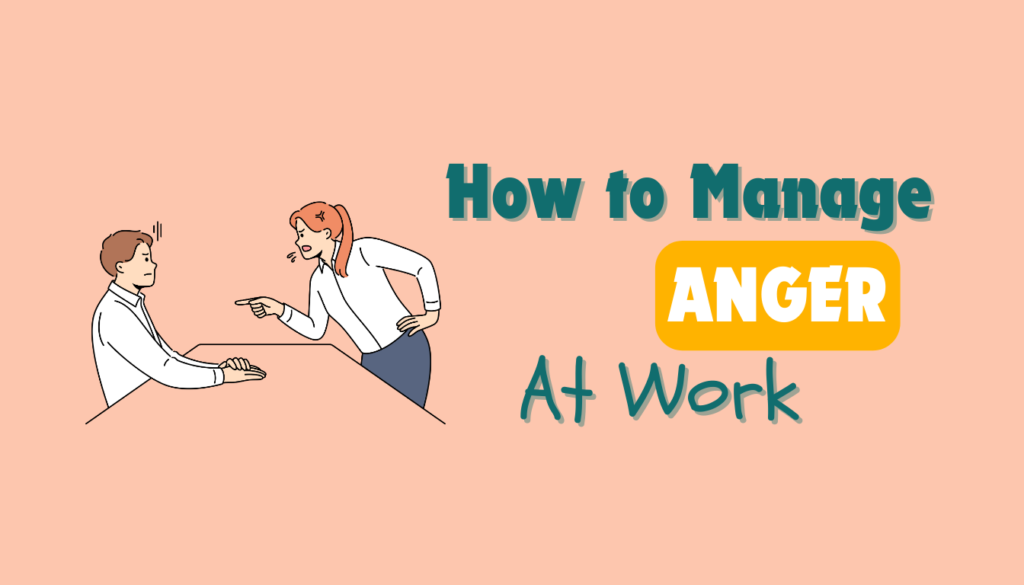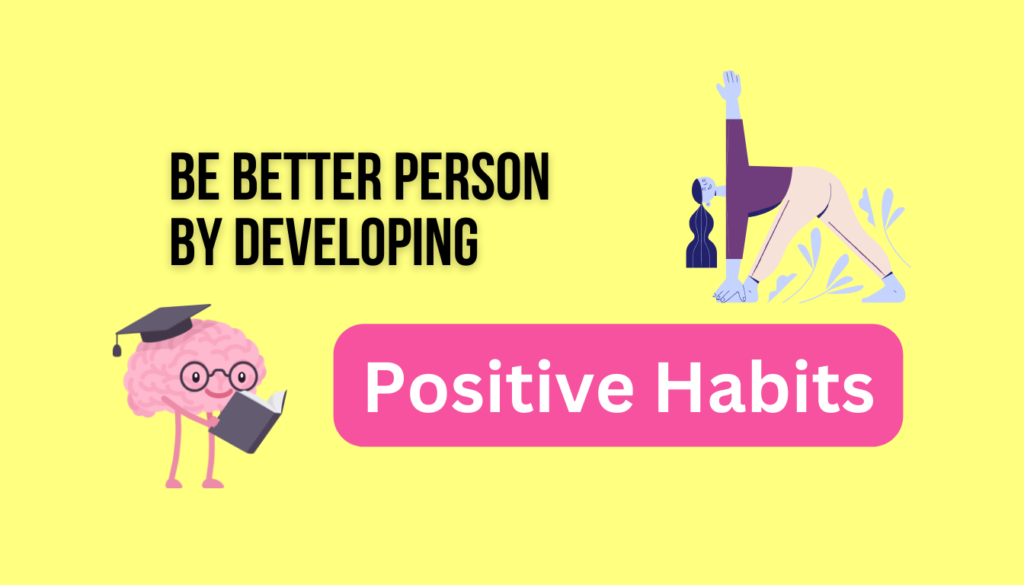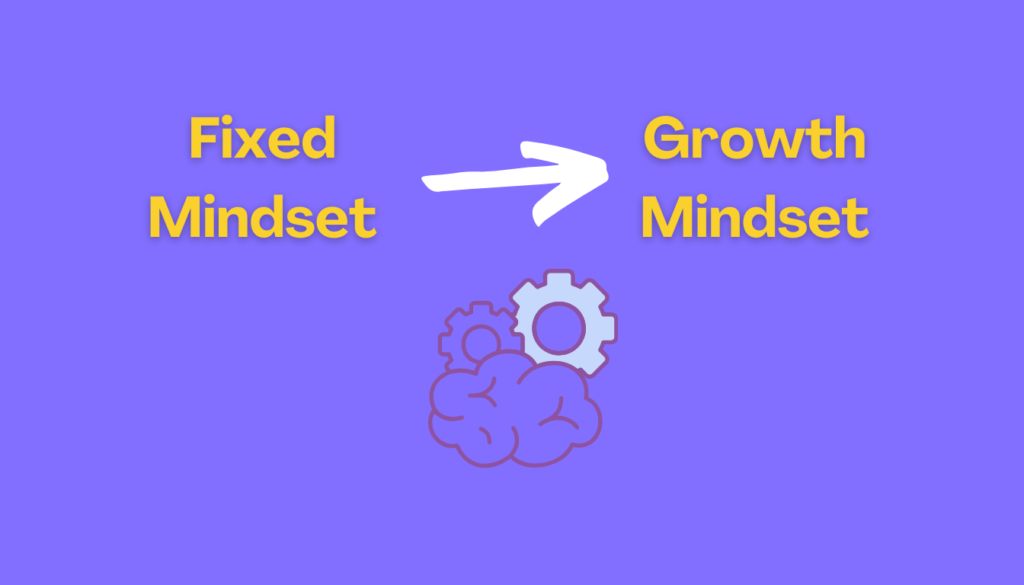Do you get mad easily at work, finding it hard to stay calm? Many people feel the same. A 2022 Gallup poll showed that 21% of workers worldwide felt angry at work recently.1
The good news is, there are 15 methods that can teach you how to control your anger at work. You can learn to direct your feelings in a positive and useful way.
Understanding Workplace Anger
Anger at work can come from many things, such as work issues or personal problems. It’s key to figure out why we’re feeling this way.
Doing so helps us manage our emotions better in the future.
High stress, poor communication, and feeling like we lack control are big factors. Also, how fairly we’re treated and if our expectations match reality matter.
The overall culture of the workplace plays a role in our anger too.2 Things outside of work, like stress from home or unresolved personal problems, can make us more prone to getting angry at work.2
It’s important to know why we’re angry. This understanding lets us develop better ways to handle it.
So, when we take time to think about what makes us mad, we can move towards solving the real issues. This also helps us find healthier ways to deal with our emotions.
In 2022, a Gallup poll found that 21% of global workers felt angry on their last day of work.1 This anger can lead to bad health, such as high blood pressure, heart issues, and depression.1
It also makes it hard for us to think clearly and can slow down our work.1
So, learning about the issues and risks of anger at work helps us do better. It means we can take steps to stay healthy and perform well at our jobs.
Emotional Intelligence and Anger Management
Emotional intelligence means handling emotions well and understanding others. It stops anger from taking over in tough times.3
At work, emotional intelligence is vital. It helps us make better choices, work better in teams, and deal with stress.3 It affects both what we say and how we act, like body language.
Being emotionally smart lets us talk about our feelings in a good way, even when we’re upset. It shows us to think before we speak in anger.
People who are good at emotional intelligence are less likely to be aggressive.4 For teens, lacking in certain emotional skills can make them angrier.
The same goes for medical students facing challenges at work.4 Kids who understand and control their emotions well are less likely to bully online.4
Also, teachers with high emotional intelligence can manage their anger better. They don’t hide it, nor do they act it out.4
Being emotionally intelligent helps everyone, from teens to adults, to not let anger lead to bad actions.4
Boosting emotional smarts at work helps with talking, knowing ourselves, putting well-being first, dealing with stress, and solving problems well.3 It’s a key thing for handling anger and making work a better place.
Deep Breathing Techniques
When you feel angry, deep breathing can help a lot. It activates the body’s calm response.
This makes your heart beat slower, decreases blood pressure, and relaxes muscles.5 It helps you feel calm and in control of your feelings.5
There are two main deep breathing methods: the 4-7-8 method and Box Breathing.
For the 4-7-8 way, breathe in for 4 seconds, hold for 7 seconds, and breathe out for 8 seconds, four times in a row.6
Box Breathing means breathing in, holding, breathing out, and pausing for 4 seconds each. Do this for 4 or 5 rounds.6
Deep abdominal breathing is also great. It uses the diaphragm to take deep breaths. You can do this for 2 to 5 minutes to help with anger.6
Doing these every day makes them work even better when you really need them.6
If you have breathing or heart problems, talk to your doctor before starting these techniques.6
Mindfulness and Anger Management
Mindfulness means focusing on the here and now without judging.7 It lets us see our anger when it starts, watch our thoughts and feelings calmly, and pick a better way to respond than getting upset.7
Trying things like deep breathing and meditation can calm our bodies and minds, which helps with anger.7
These practices can also help us get in touch with our feelings and deal with them better, lowering our anger and frustration levels.7
8 Anger happens when we feel threatened, even if the threat isn’t real.8 It often comes along with other feelings like being upset or feeling bad about ourselves.
It can also be tied to things like feeling very worried or sad all the time.8 Letting anger run loose can mess up our social life, mental health, and how our body feels.8
Mindfulness meditation works on the part of our brain that handles our emotions.
This makes angry outbursts less likely and helps us think things through better.8 It also stops us from overthinking about what’s making us mad and helps us control our reactions.8
At work, we can try things like tidying our desk, keeping our work goals in mind, and using methods like the Pomodoro technique for focus.9
If anger is a big problem that’s hurting our relationships or making us act out, it’s a good idea to see a therapist.7
Websites like Psych Central have lots of info to help us find the best mental health care and support.7
How to Manage Anger at Work
Handling anger at work matters a lot. It keeps our work relationships, productivity, and well-being in check. There are 15 great ways to do this and improve our emotional intelligence skills:
- Take a deep breath. Why? It activates our body’s relaxation response, drops our blood pressure, and loosens our muscles. It makes us feel calmer.3
- Practice mindfulness. This helps us notice when we’re getting angry. Then we can stop, think, and choose how we respond without blowing up.3
- Identify triggers. Knowing what makes us mad let’s us plan. We can think about how we’ll handle these situations better next time.3
- Use positive self-talk. It’s all about changing how we see things. This can make our anger less intense. We can handle stuff with a clearer head.3
- Seek support. Talk to people you trust when you’re angry. They can help by giving you different views and just being there.3
- Take a break. Stepping away for a while can help you calm down. It gives you time to think and come back with a peaceful mind.3
- Practice active listening. Really hearing what others say builds empathy and respect. It creates good chances for you to solve any issues calmly.3
- Use assertive communication. Being assertive means speaking up for yourself clearly but respectfully. It can stop fights before they start, leading to better work relationships.3
- Practice empathy. Understanding others’ feelings makes you patient and kind. It stops you from jumping to anger in tough spots.3
- Use humor (carefully). A little laughter can make a big difference. It releases happy chemicals and cuts stress. Just remember not to joke about things that shouldn’t be joked about.3
- Set realistic expectations. It’s key to avoid getting mad. Unrealistic hopes often end in frustration, which can spiral into anger.3
- Invest in yourself. Studies show emotional intelligence leads to better decision-making and teamwork. It helps with stress too.3 It shapes how we talk and move, so it’s vital at work. If you want to improve, BetterUp has programs all about building empathy and staying determined.3
- Understand workplace anger. About a third of people feel mad every day, says the Anger Research Consortium. 10 Everyone gets angry. It might be because we’re hurt, feel treated badly, or face tough times.10
- Develop emotional intelligence skills. This means knowing and handling feelings well. It’s big for working well with others.3
- Channel anger positively. Anger isn’t always bad. Managed right, it can help us solve problems or handle issues at work or home.10
Effective Communication Strategies
Effective communication helps with workplace anger. It’s about saying what you think and feel clearly and kindly.11
Assertive communication lets us speak up for ourselves and handle disagreements without being mean or avoiding them. It makes for better work relationships without the stress of misunderstandings.
Emotional intelligence is key in dealing with anger at work.11 Those who are emotionally smart can keep their feelings in check and have good talks. This makes the work environment more positive.11
Listening well, speaking thoughtfully, and showing you understand are important skills.12 They help you solve problems at work without quick anger.
Getting better at these can stop bad reactions and make your responses helpful.13
Being clear about your needs and limits with others is also part of good communication.12 It’s about making sure everyone is on the same page.
This way, you can solve issues together before they become big problems.
Channeling Anger Positively
Anger is an emotion we all face, not always bad. A 2017 study showed, anger is key for survival. It pushes us to tackle challenges.14 It’s important to know how to turn anger into something good.
Trying to hide our anger is bad for us. In 2019, research linked hidden anger to many health problems. Like heart issues and skin conditions.14 This way of dealing with anger can also lead to violence or abuse.14
Yet, we can make anger work for us. 2020 research found a link between anger and norepinephrine, a chemical that readies us for action.14
Turning anger into motivation, we can solve problems, better our relationships, and even get creative.
Keeping anger under control is key. Studies show most angry moments stay verbal and don’t turn violent.15 By talking about what makes us mad, we can often avoid more serious conflicts.15
Learning to handle anger wisely benefits us greatly. It helps us be more self-confident and deal better with tough emotions.15
This approach turns anger into a tool for growth and success in both our personal and work life.
Coping Mechanisms for Anger
Trying to win an argument or staying in a bad situation makes anger worse.1 The best way to manage anger is to step away if you can.
Leaving a situation that upsets you is a smart move for your mental health.1 If a talk is too intense, take a time-out. Walk away from a meeting if you’re about to lose it.
For parents, stepping outside when your kids get to you can help calm both your mind and body.
This source doesn’t give specific stats on dealing with work anger or where to find help,16 but it does share good ways to handle anger.
These include spotting when you’re getting angry, changing how you think, and getting active. These methods are proven to work in controlling your anger.16
It also notes that relaxation is important in reducing anger, although it doesn’t provide hard data on its success.16
By stepping away from what’s bugging you, you give your mind and body time to chill out. This stops you from reacting in ways you may later regret.
Being angry is okay, but how you deal with it matters most in the end.
Conclusion
Dealing with anger at work can be hard. But, if we improve our emotional skills and stay mindful, we’re on the right path.
Using good communication also helps a lot.17 It’s true that anger is a normal feeling. But how we deal with it is what really matters.18
With the right tips, staying calm, defusing bad vibes, and building better work connections is possible.17
Workplace anger can poison the environment. It lowers job happiness, makes it hard to get new talent, and can hurt the company’s future.17
This anger leads to less work done, unhappy workers, and can be bad for mental health.
Luckily, by being smarter with our emotions and taking steps early, we can turn work into a place full of positive energy.11
A key step in handling your anger is using emotional smarts. These skills help you deal with anger by knowing and controlling your feelings.
They also help you build better relationships, stay calm, and find good ways to deal with problems and talk them out.18
Plus, adding things like relaxing, changing how you think, and problem-solving can cut down on bad anger.
In the end, working on managing our anger is critical for our jobs and overall success.
Using proven tips can change how we react. This makes work better not just for us but also for those working with us.
Source Links
- https://fortune.com/well/2023/09/11/manage-anger-at-work/
- https://elliementalhealth.com/anger-at-work-techniques-for-managing-workplace-rage-and-resentment/
- https://www.betterup.com/blog/how-to-control-anger-at-work
- https://www.psychologytoday.com/us/blog/overcoming-destructive-anger/202304/emotional-intelligence-is-a-buffer-against-destructive
- https://www.healthline.com/health/anger-management-exercises
- https://boardwalkrecoverycenter.com/3-breathing-techniques/
- https://psychcentral.com/blog/a-mindful-practice-to-fully-feel-your-anger
- https://mindfulness.com/mindful-living/mindfulness-anger
- https://mindfulnessexercises.com/three-mindfulness-exercises-anger/
- https://fsap.cornell.edu/sites/fsap/files/pdfs/Anger-in-the-Workplace.pdf
- https://masteringanger.com/blog/how-to-control-anger-workplace/
- https://greateressexnj.com/how-to-deal-with-anger-at-work-effective-tips-for-professional-environments/
- https://www.apa.org/topics/anger/strategies-controlling
- https://psychcentral.com/blog/how-to-channel-your-anger-into-productive-action
- https://www.forbes.com/sites/forbescoachescouncil/2022/06/24/the-upside-of-anger-how-to-channel-your-emotion-productively/
- https://www.verywellmind.com/anger-management-strategies-4178870
- https://cpdonline.co.uk/knowledge-base/business/anger-in-workplace-address-resolve-conflicts/
- https://www.apa.org/topics/anger/control





